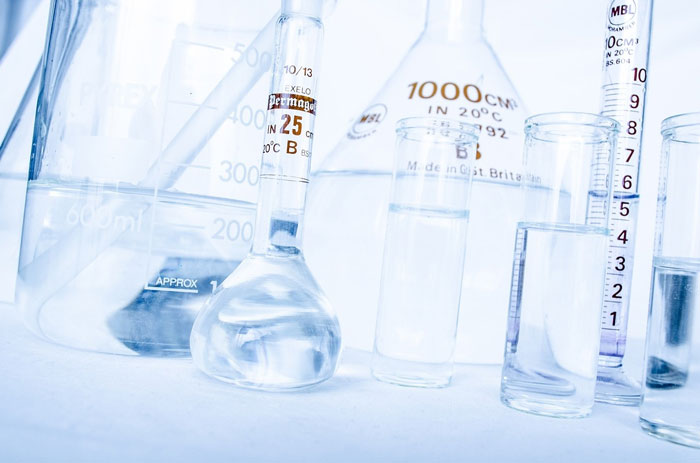
This post provides information about benzene hazards and how to safely handle the chemical and exposures to it; It also discuses the formula, properties, and uses of benzene to help you gain deep knowledge of the chemical compound.
Please, read on to learn important facts about benzene:
What is Benzene?
Benzene, also called benzole cyclohexatriene, is a popular and well known chemical used in the industry and laboratory. Naturally, benzene can be derived from crude oil. Many industries use this chemical to manufacture various kinds of products like detergents, rubber, and plastic items, drugs, etc.
Although this chemical is widely useful and valued, it has certain hazards associated with it and can cause harm to someone who is exposed to it.
Benzene Formula
Benzene, an organic compound is known by its formula C6H6. This chemical formula implies that a molecule of benzene is made up of six carbon atoms and six hydrogen atoms.
Common Benzene Hazards
The common exposure to benzene is through inhalation. Frequent inhalation of benzene can lead to cancer. In fact, it has been proven to be one of the major causes of cancer. It is also one of the potential causes of leukaemia. Long term exposures to benzene can drastically decrease one’s red and white blood cells.
Benzene Safety Handling Procedures
Here are safety measures to observe when working with benzene:
- Guard your eyes against benzene by protecting it with suitable eye goggles.
- Make sure your hands are all covered with chemical proof gloves.
- Do not eat or drink while you are working with benzene.
- Protect your airways while working with this chemical. Remember inhalation is the most common way of exposure to benzene, so make it one of your top priorities to protect your airways.
- Do not use benzene in a tight and confined environment. There should be enough ventilation in the area where you are working with the chemical.
Benzene Safety Storage Procedures
There is a proper way to store benzene. Do not forget that this chemical is not a friendly substance; it requires a very safe storage method so as to prevent accidents or exposure to humans or the environment.
Consider the following storage methods for benzene:
A cool, dry and well ventilated place is highly recommended to store benzene.
It should be kept away from sunlight, heat, fire or any combustible item.
Make sure nothing else is stored together with the chemical, so as to prevent pollution.
Benzene Safety Disposal Procedure
Benzene is not like some other chemicals that are quite easy to dispose. This chemical has its own unique disposal method.
All you have to do is contact the manufacturer or chemical control personnel, they know the best way to go about it.
How to Handle Exposures to Benzene
Sometimes, people suffer from the harm and toxicity of the chemicals they get exposed to, because they are ignorant of what to do after getting exposed.
There are some first aid practises you should carry out if you get exposed to benzene to reduce the damage.
Whenever you are handling benzene, and you noticed lots of spills on the floor due to leakage, leave the premises promptly and get help from Chemical Control Personnel.
Do not forget that this chemical is really hazardous, and can result in cancer, leukaemia, and some other ailments.
Whenever you accidentally inhale benzene, contact a medical facility for treatment immediately.
Benzene Properties (Physical and Chemical)
To learn more about benzene, here are additional facts about the compound:
Benzene is among aromatic hydrocarbons (nonpolar molecules), with no color, known to have a unique smell. This chemical is insoluble in water and is flammable.
Benzene as a non-polar compound does not dissolve in water but dissolves well in organic solvents.
The combustion of benzene produces a sooty flame due to high concentration of carbon atoms in the molecule.
Benzene has molecular weight of 78.11g/mol, boiling point of 80.1 oC, and melting point of 5.5 oC.
Benzene Preparation
Benzene has various preparation procedures used in making it today. One of the ways this chemical can be produced is by removing more than one carboxyl groups from sodium benzoate.
Benzene uses
This chemical is widely used industrially for making plastic, rubber items, dyes, etc. it is also used in making products for pest control. See detailed benzene properties and uses
